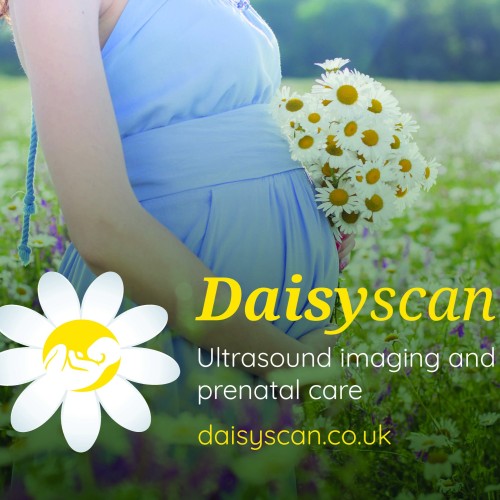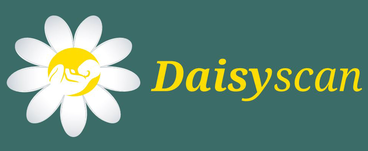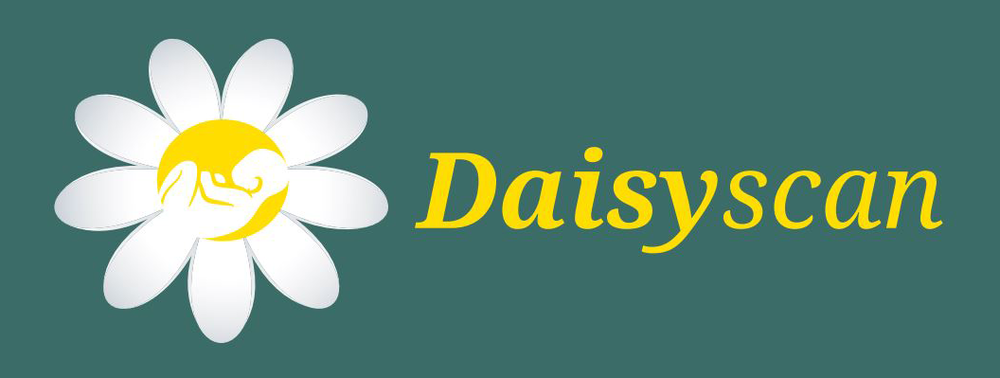
posted 1st December 2023
I decided to write an article on Pregnancy in older women as I was chatting to a mother at the school gates and she was asking me about it. There have been many high-profile figures having successfully given birth; so, what are the risks and do the benefits outweigh any negativity.
The incidence of pregnancies among women in their 40s has been on the rise, more than doubling since 1990. Currently, almost one in five births is attributed to women aged 35 and above.
As a mother of advanced maternal age, there is an increased likelihood of conceiving more than one baby, whether through natural conception or assisted methods like IVF. Handling a pregnancy with more than one baby can present additional challenges, especially for mothers of advanced maternal age.
Within the NHS you are highlighted as a mother of advanced maternal age from 40, if it is your first pregnancy, and 45, if you are already a mother. Of course, this is always tailored to individual care and needs.
Typically defining advanced maternal age as those aged 35 and above, presents unique considerations and potential challenges. Advanced maternal age is associated with an increased risk of certain medical conditions and complications during pregnancy. Older women may face a higher likelihood of gestational diabetes, hypertension, and chromosomal abnormalities in the fetus, such as Downs’ syndrome or Patau’s syndrome. They may already have pre-existing health conditions such as high blood pressure, variable BMI or underlying diabetes.
Additionally, fertility tends to decline with age, making conception more challenging. Older mothers may also experience a higher rate of caesarean deliveries due to various factors, including decreased uterine tone and an increased likelihood of breech presentations.
Despite these challenges, many older women have healthy pregnancies and deliver without complications.
Prenatal care becomes especially crucial for this demographic, involving close monitoring of both maternal and fetal well-being. Genetic counselling and advanced screening techniques may be recommended to assess the risk of chromosomal abnormalities.
You will get extra care within the NHS and this will be carefully mapped out with all involved, delivering on a care plan which will work with everyone’s expectations.
Social support and psychological well-being are also essential considerations. Older mothers may encounter unique emotional experiences during pregnancy and early parenthood. Open communication with healthcare providers, early prenatal care initiation, and a supportive network can contribute to positive outcomes for both the mother and the baby in pregnancies among older women.
There are huge amounts of benefits being an older mother:
1. Emotional Maturity and Stability:
• Older mothers often bring a wealth of life experience, emotional maturity, and stability to their pregnancies. This can contribute to a more grounded and confident approach to parenting.
2. Financial Security:
• Older women may be more likely to have established careers and financial stability, providing a secure environment for the child's upbringing. Financial resources can contribute to a more comfortable and enriching family life.
3. Established Support Networks:
• Older mothers often have well-established social and support networks. These connections can offer emotional support, advice, and practical assistance during pregnancy and early parenthood.
4. Personal Fulfilment and Readiness:
• Delaying pregnancy allows women to pursue personal and professional goals, fostering a sense of fulfilment and readiness for the challenges of parenthood. This can lead to a positive and purposeful approach to raising children.
5. Health Awareness:
• Older mothers may be more health-conscious, engaging in healthier lifestyle choices and regular healthcare check-ups. This proactive approach to well-being can positively impact both the mother's and the baby's health during and after pregnancy.
6. Increased Patience and Perspective:
• Age often brings increased patience and a broader perspective on life. Older mothers may approach the ups and downs of parenting with a calmer demeanour, which can contribute to a positive and nurturing family environment.
Three main recommendations, for mothers of advanced maternal age, came out of the international journal for women’s health in 2021.
Firstly, was the importance of pre-conception counselling, encouraging you to achieve optimal health as individuals prepare for pregnancy. This includes discontinuing smoking and alcohol consumption, initiating regular physical activity, attaining a healthy body weight, incorporating folic acid supplements, and managing any existing comorbidities.
Secondly, taking a low dose of aspirin should be considered prophylaxis, as it could reduce the risk of pre-eclampsia, small-for-gestational-birth weights and still births.
Thirdly, antenatal screening should be properly counselled and all options explained thoroughly; for example, considering tests like the NIPT.
Becoming a parent is hard work and never taken lightly. What’s important is that information has been given to the respective parents and delivered clearly, so they are able to make the best decisions for their family. Pregnancy is challenging and sometimes entails difficult decision making but we hope that Daisyscan is equipped to support and tailor care specifically for the different families seen. For more information please have a look at the Daisyscan website or call the clinic on 01223 207 158.
In the words of Hilary Swank, having given birth to healthy twins at the age of 48: "It wasn't easy. But boy (and girl!) was it worth it,", posted in The Standard.


